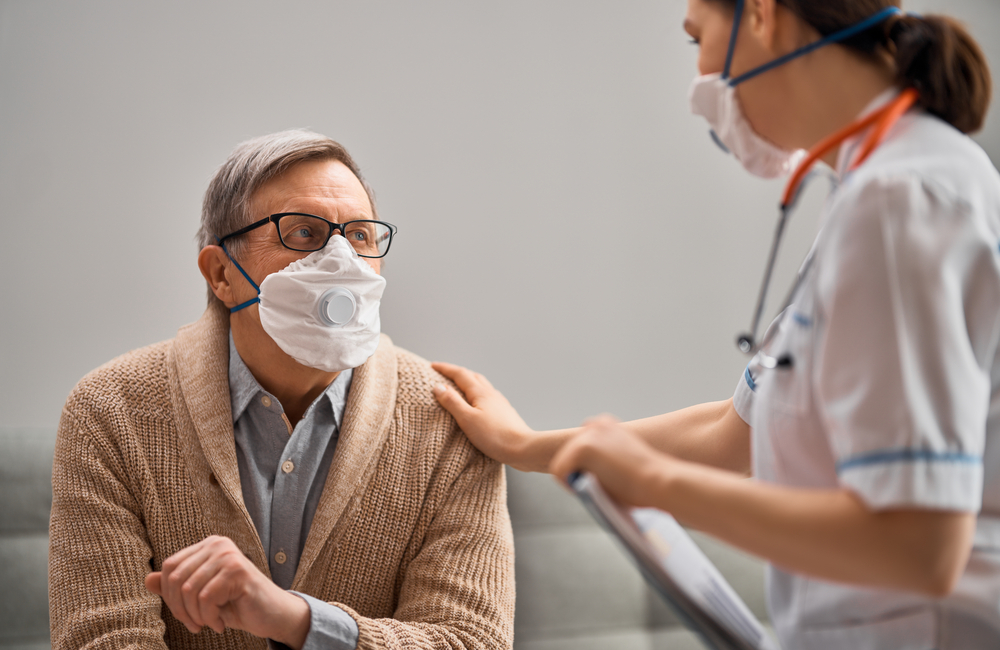The 2020 coronavirus outbreak demonstrated why patient education is important. Armed with facts and knowledge about how healthy habits can prevent the spread of germs, patients have played an important role in mitigating the impact of the virus.
The outbreak also showed the pivotal role nurses play as health educators for patients and families. It’s one of the ways nurses impact the frontlines during a virus outbreak.
Overwhelmed with new information about the virus, patients and the general population sought information about how to stay healthy. Nurses supplied this in person and in every other forum imaginable, from televised interviews to postings on the internet.
The reaction from nurses shows that they understand the importance of patient education in preventing the spread of viruses. Infection prevention and control is one of the first topics introduced in a nursing program. Knowledge in that area is never more important than during a virus outbreak.
Critical Skills That Every RN Needs for Success
Nurses as Educators in the Health System
Today’s healthcare system creates a new paradigm that emphasizes the improvement of health through knowledge, according to “Mastering Patient & Family Education: A Healthcare Handbook for Success.” A team of healthcare professionals wrote the paper, led by two nurses, Lori C. Marshall of Children’s Hospital Los Angeles and Immacolata Dall’Oglio of Bambino Gesù Children’s Hospital in Rome, Italy.
Nurses and nurse practitioners have more interaction with patients than other clinicians, requiring them to take a lead role in the planning and coordination of patient and family education. They work on the healthcare frontlines, observing patients, identifying and addressing health issues, advocating for patients, and ensuring they receive high-quality care.
That places them in the perfect position to educate patients in self-care management strategies.
During normal times, patient education helps people take ownership of their own healthcare and change habits to slow or prevent issues such as heart disease, high blood pressure, adult diabetes, and cognitive decline. Nurses can teach patients about practices that lead to better health outcomes.
During a pandemic, patient education can make the difference between staying healthy and severe illness – even the difference between life and death. Nurses teach patients the best ways to prevent illness, from basics such as hand washing and not touching their face to more complicated issues on social distancing and how and when to wear face masks.
How to Become a Better Health Educator
As part of its online nursing program, Houston Christian University offers nurses all the tools they need to incorporate patient education into their jobs, including studying population health. The curriculum prepares nurses for the 21st-century challenges of their jobs, while the program specializes in developing expertise in theory but also clinical training that puts theory into action.
Tips for Becoming a Better Nurse Educator
The Nurse Journal, a website that is a social community for nurses around the world, has compiled tips to help nurses become better educators when providing patient care. They include the following ideas:
- Delegate more tasks to support staff, allowing you to focus more on patient education.
- Start educating patients with every encounter, starting from admission.
- Discuss self-care and how much the patient already knows. This allows you to correct any misinformation.
- Breakdown information into layman’s terms and use visuals if possible.
- Ask patients to repeat the information back to you (one strategy is to ask them how they would explain it to someone else).
- Coordinate with other nurses to ensure that a unified message is delivered.
Another important component of health education, particularly as related to the spread of a virus, is teaching patients the signs and symptoms of infection. This will make it less likely that they wait until there’s an emergency before contacting a healthcare professional. Learn more about how nurses and nursing students not only use safety protocols for patients but also for themselves.

